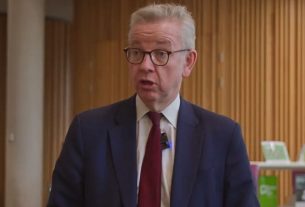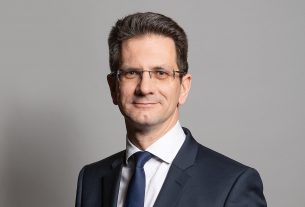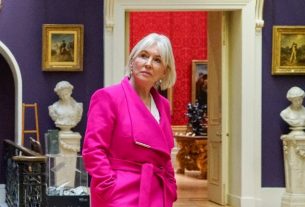From the end of next week in England, people who test positive for coronavirus will no longer have to self-isolate, Downing Street has said. Next week, the Prime Minister will unveil his “living with Covid” plan. According to Sky News, he is set to tell MPs that vaccination alongside testing and new treatments suffice to keep the public safe and Covid 19 in check. But not everyone agrees, and the British Medical Association has called the lifting of all restrictions “odd.” Nonetheless, many will welcome the end of self-isolation and a move toward personal responsibility after nearly two years of state-mandated measures and restrictions.
What is in the “living with Covid plan”?
The Prime Minister is expected to unveil the details of the plan in the House of Commons tomorrow. All restrictions will be scrapped, including rules on self-isolation as he indicated in Parliament ten days ago:
“Providing the current encouraging trends in the data continue, it is my expectation that we will be able to end the last domestic restrictions, including the legal requirement to self-isolate if you test positive, a full month early.”
Speaking to Sophie Raworth on BBC Sunday Morning, the PM urged people to take personal responsibility:
“We have reached a stage where we think you can shift the balance away from state mandation, away from banning certain courses of action, and compelling certain courses of action, in favour of encouraging personal responsibility.”
Refusing to rule out the reintroduction of restrictions if necessary, Boris Johnson emphasized that people “should remain careful”, and said:
“We’re certainly not asking people to throw caution to the winds. Covid remains a dangerous disease, particularly if you haven’t been vaccinated.”
On to the high cost of the current testing regime, he said:
“I think we need resilience, but we don’t need to keep focused on testing,” he said. “We don’t need to keep spending at a rate of £2 billion a month – which is what we were doing in January.”
Experts and opposition criticise move to end self-isolation
In response to the PM’s announcement, the chair of the council of the British Medical Association told BBC News:
“You have at the moment more people dying, more people in the hospital, than you had before Plan B (restrictions) was introduced.”
“It seems a rather odd decision to make. We need to see case rates fall down even more – remembering that people aren’t being restricted at the moment in any severe way at all – people are living normally.
“The second thing is we do need therefore to continue having surveillance because you won’t know whether you’ve reached that point where the infection rates have come down enough until you’ve had that surveillance.”
Echoing these sentiments, Dr Kelly Fearnley told Sky News, that she felt “angry and let down” by the PM’s plan branding it as s “strategy of denial, driven by the need to cut costs.” Dr Kelly has been suffering the after-effects of contracting the virus 15 months ago experiencing hallucinations, a racing heart rate, pins and needles in her arms and legs, and several other symptoms.
Speaking to Sky News, she said: “The health of the economy takes precedence over the health of the nation. And yet their strategy to ‘live with COVID’ not only fails to follow the science, but it also fails to follow the money.”
“The human and economic burden of long COVID alone will dwarf the sums of money they expect to save through their strategy to ‘live with COVID.”
Three-quarters of NHS leaders are also said to disagree with ending self-isolation according to an internal NHS Confederation survey. The NHS Confederation’s chief executive, Mathew Taylor, told Sky News that it was “too early” to scrap mandatory testing in the absence of a concrete plan to replace the current testing and self-isolation regime.
The shadow health secretary, Wes Streeting, also urged caution:
“We are not out of the woods yet on Covid and it is important that when the Government publishes its plan for living with Covid tomorrow, that it is a robust plan that enables everyone to live well with Covid.”




